During my days in Tunis I spoke to different stakeholders and observers in Tunis from civil society activists to diplomats and election observers. Despite the different perspectives their take on the elections was mainly positive, not least due to the fact that the electoral process went so smoothly and the much feared political violence or contestation of the results did not occur.
However turing away from the elections itself to the broader developments in Tunisia since the fall of Ben-Ali the views widely varied with regards to the evaluation of hitherto accomplishments and future propects of the transition process. Whereas some actors I talked to highlighted the inclusive and consesus-seeking nature of the process and mentioned the crucial role of civil society, others critically noted the polarization of political discourse, the predominance of backdoor politics and the return of ancient regime personel on the political stage.
- Der Tunesische Sonderweg – Oped on IPG Internationale politik und Gesellschaft (October 2014) available online (german only)
- The model student faces difficult tasks – Oped on Al Qantara (October 2014) available online (in german, english and arabic)
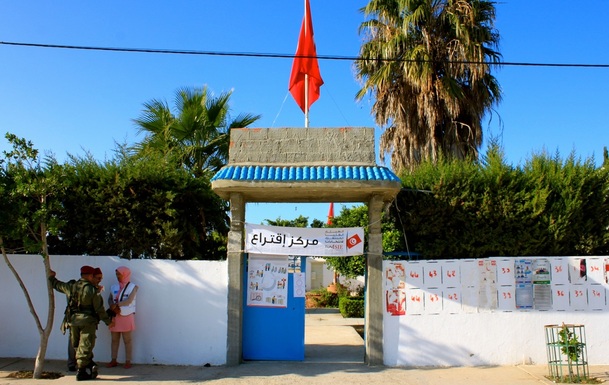
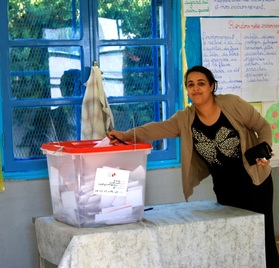
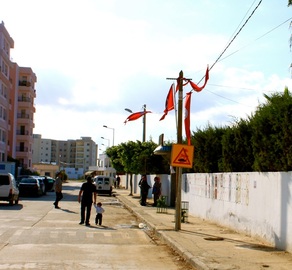
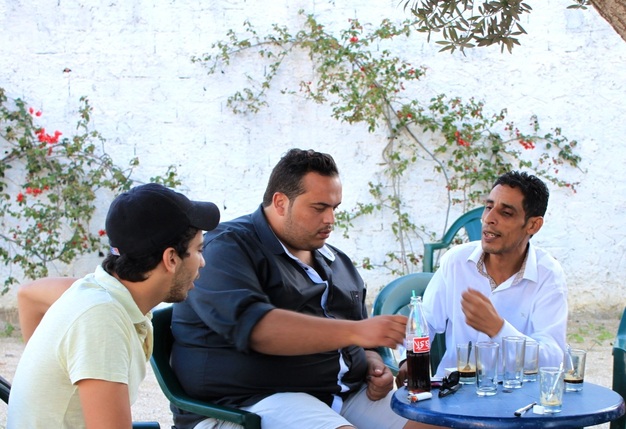
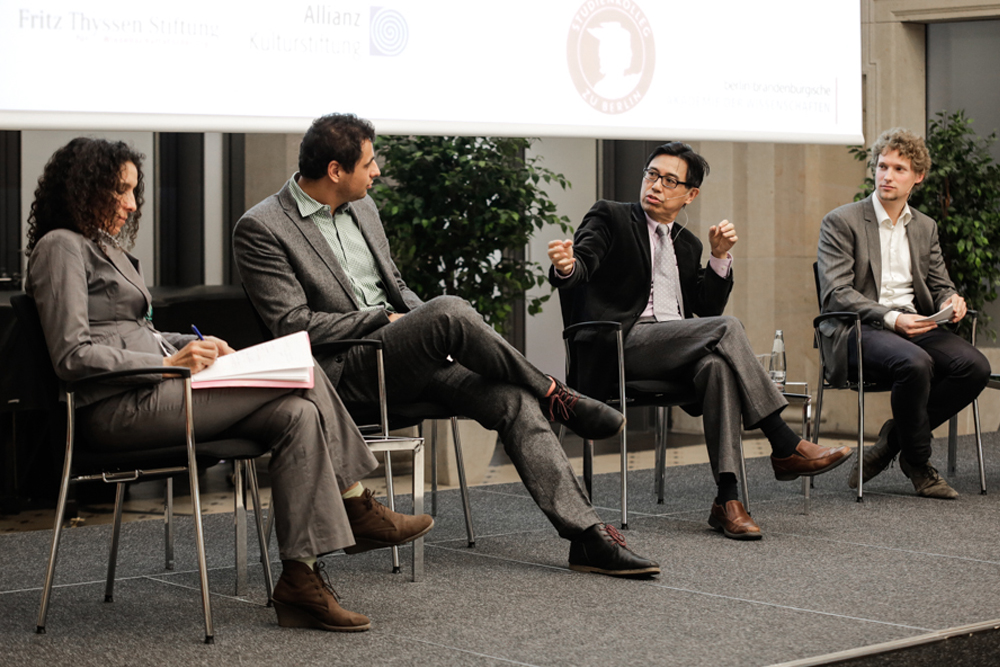
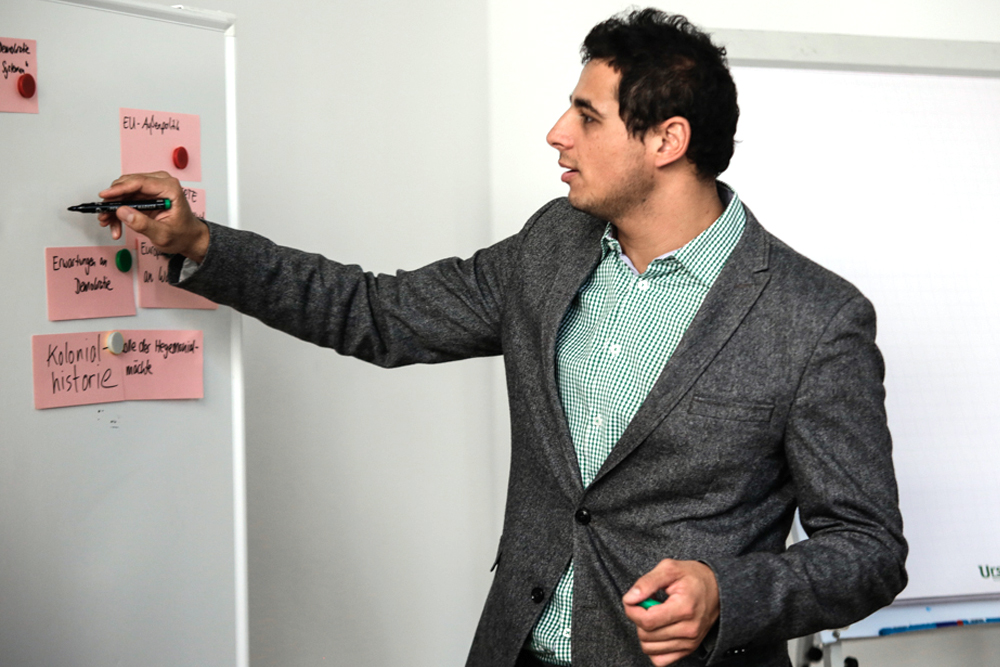
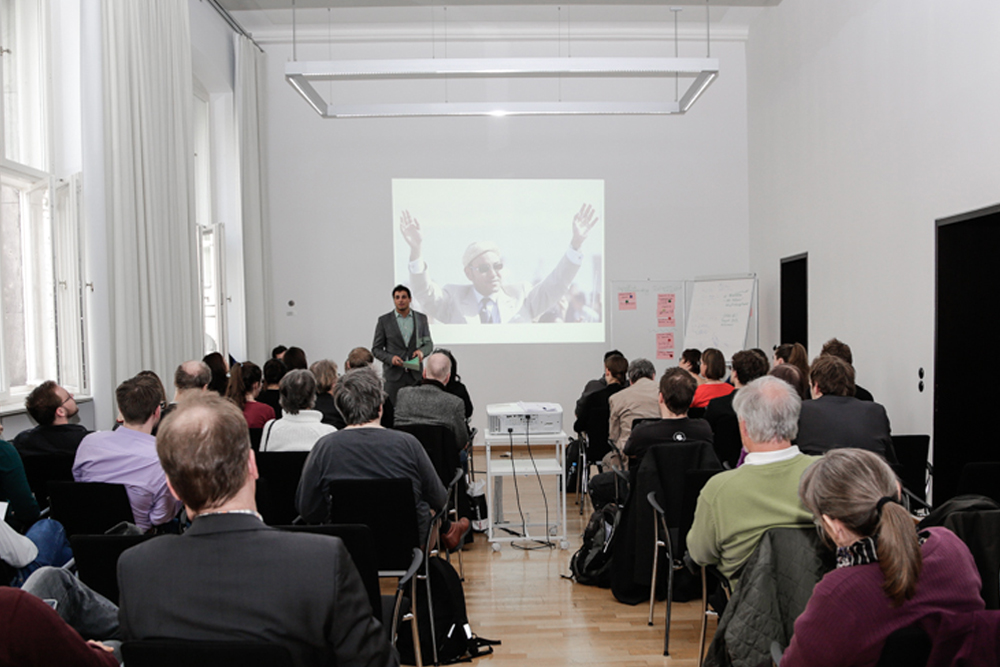
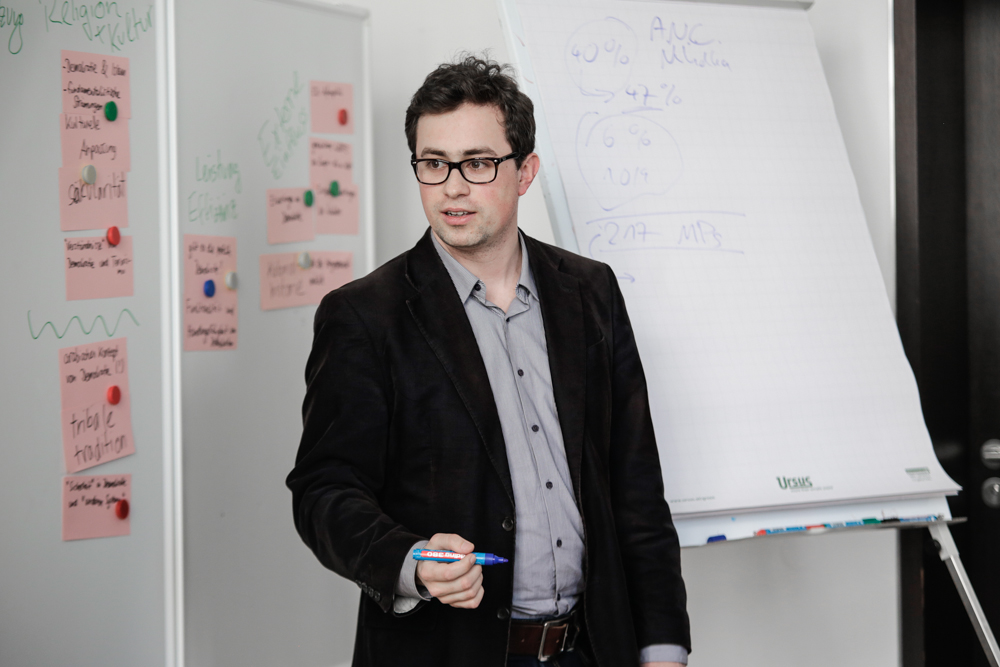
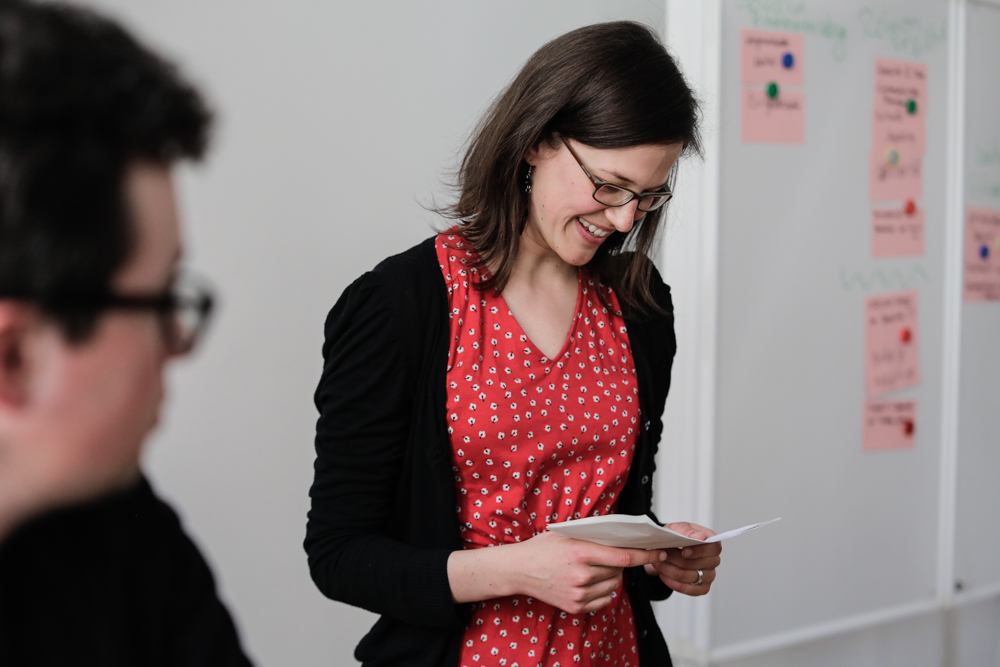
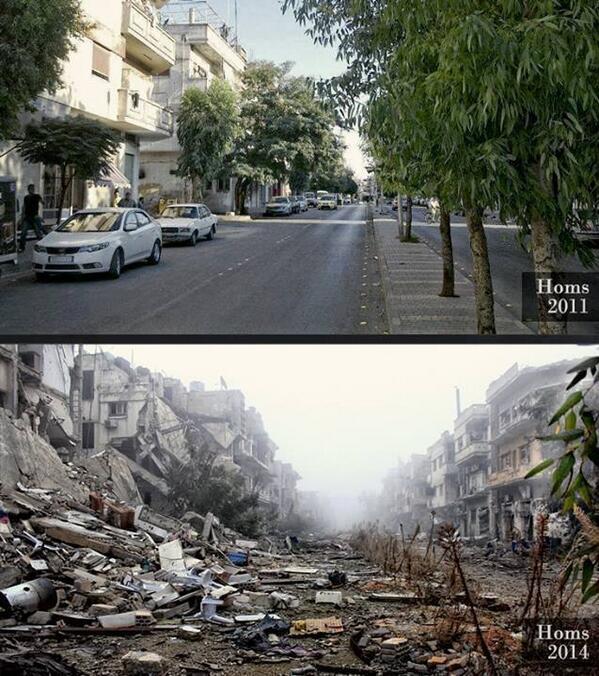
 RSS Feed
RSS Feed
